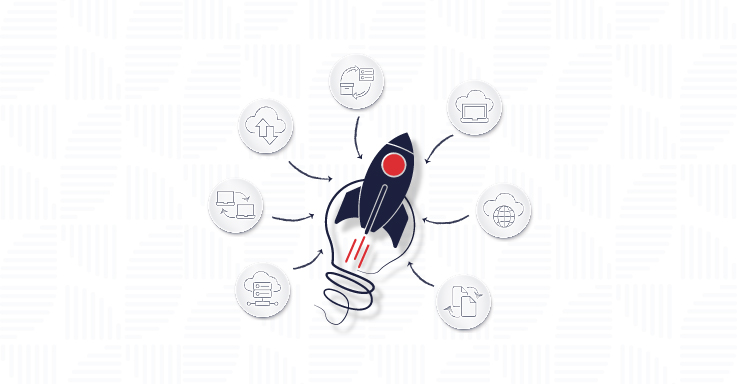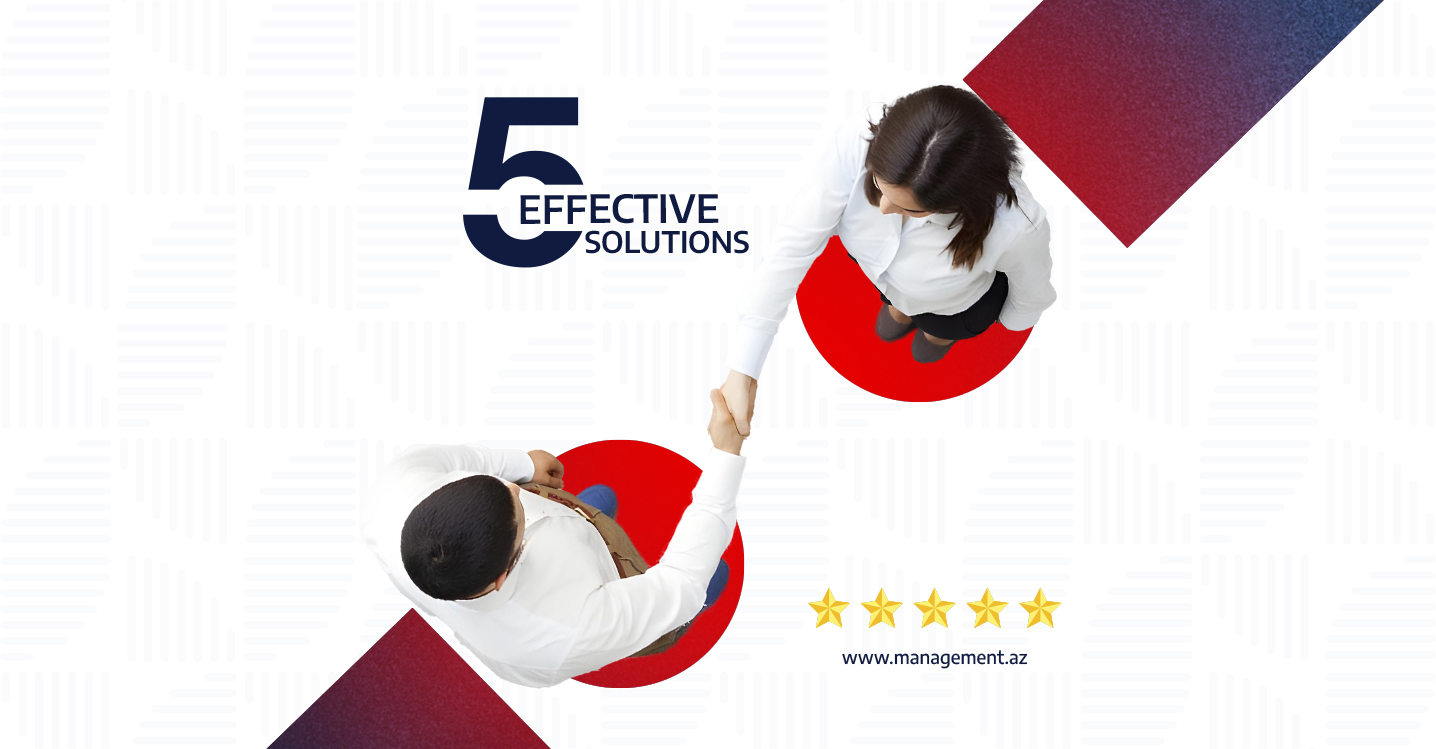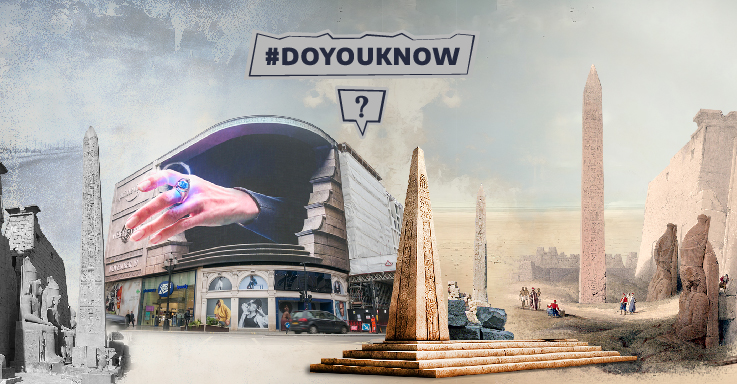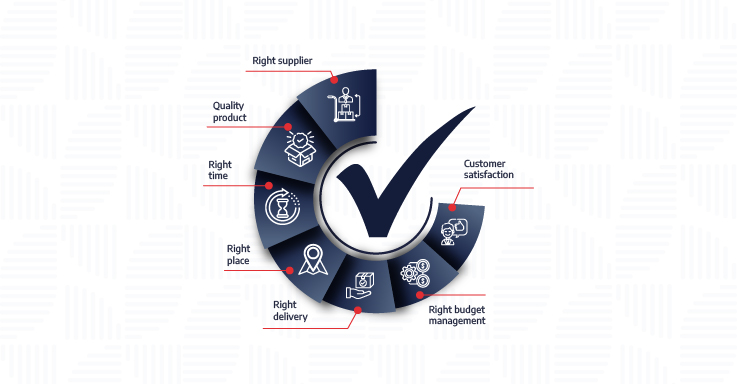IT - What is Information Technology?
Information Technologies (IT) is a type of service that involves the use of technology, software and technical means for processing and storing information. This in turn includes computers, networks, databases, software, etc. Covers. Companies that effectively integrate IT can achieve diverse and multifaceted benefits, including increased efficiency and productivity, improved communication and collaboration, better decision-making through data analysis, cost and time savings through process automation, competitive advantage through innovation, and security and risk management. they achieve advantages.
But how should a new business build its company's IT structure and how can it grow its business with IT service? Read this blog to learn how IT can drive your business forward.
How to install IT Infrastructure?
IT infrastructure is the basic foundation (or foundation) that keeps your business running efficiently. Because we are already living in a digital age. It provides seamless accessibility for everyday tasks such as email, customer management systems (CRM), managing thousands of jobs through software (ERP), document storage in a number of fields.
The main components of the IT infrastructure
• Hardware and software - The physical hardware such as computers, servers and routers that make up the skeleton of your IT infrastructure and the software that runs on that hardware are the brains of your business. First, equipment - servers, network equipment, workstations and other computing devices - is needed to provide a quality, modern and reliable computer infrastructure. Custom software is then developed to suit your needs and integration with existing software is ensured. This also includes implementing security protocols, data protection and appropriate measures, and ensuring business continuity.
• Network and communication – After installing the necessary equipment, a network system – telephony system should be installed for company communication. This system connects different departments of your business, ensures the flow of information between employees, and most importantly, facilitates communication between employees, both internally and externally. Offering wireless solutions such as Wi-Fi, Bluetooth and NFC, this system creates a wireless connection between devices and meets voice communication needs by creating telephone systems, call centers and mini telephone stations.
• Security and cryptography - Data security is an integral part of IT infrastructure. Safeguarding and managing confidential internal company information is also critical to business continuity.
But what is meant by data security and cryptography?
1. Access control: User authentication and authorization to prevent unauthorized access;
2. Encryption: Encrypting data so that only authorized persons can access it, thereby ensuring privacy;
3. Network security: Protection of data flow with technologies such as firewall and VPN;
4. Data backup: Regular backup to prevent database loss;
5. Monitoring and auditing: Continuous monitoring of systems to detect malicious activities;
6. Symmetric cryptography: An encryption method that uses the same key (eg AES);
7. Asymmetric cryptography: A method in which two different keys are used (for example, RSA);
8. Hash (“hash”) functions: Creating and managing a data hash (eg SHA-256);
9. Digital signatures: Ensuring the integrity of data and the correctness of its source.
• Database Management Systems (DBMS) - Database Management Systems (DBMS) are software used to organize, store, and manage data. These systems ensure that information remains accurate and up-to-date, protect data security by preventing unauthorized access, and help businesses manage large volumes of data. DBMS includes various commands for defining the structure of databases, adding and updating data, and controlling user access. Examples of such programs are "Oracle", "MySQL" and "SQL Server". Data can be organized in tables ("relational" model) or more flexible structures can be used ("NoSQL" model). A DBMS also ensures that data is regularly backed up and recoverable in case of loss. Thus, it can ensure business continuity and performance optimization.
• Web technologies – Now that everything is done, you should start designing your company website. Thus, PHP and other web technologies play an important role in developing, maintaining and managing websites. PHP is a powerful tool for creating dynamic and interactive websites and offers solutions tailored to the various needs of businesses. These technologies ensure the security, monitoring and management of websites. As a result, the use of web technologies strengthens a business's online presence, increasing sales and customer experience, making it easier for businesses to achieve their goals.
• Developing and managing applications – Once you have finalized the website, you can move on to developing a mobile application if it suits your business. So, if you have an online store, your customers will prefer to shop from a mobile app rather than from a computer.
Application development and management services include creating and effectively managing customized software solutions that meet customer needs. In this process, the distribution and management of programs is ensured using cloud technologies. Installation and management of distributed systems is also included in this field. Additionally, by implementing processes such as app optimization, user experience (UX), and user interface (UI) design, people can use the app more comfortably, which increases customer satisfaction. Finally, by placing content on the site, the application is ensured to interact with the users.
Here are some tips for successful IT Integration and development strategies:
1. Identify IT areas that will contribute to the growth of your business and create a roadmap;
2. Choose tools and software that fit your business needs and budget;
3. Train your employees to fully utilize IT resources;
4. Establish strong cyber-security protocols to mitigate potential risks;
5. After determining your needs, turn to experts who offer you suitable solutions in these matters.
In conclusion, with the right strategy, information technology (IT) can enable your business to grow and gain a competitive advantage.
Global Management offers you several IT services in this direction:
1. Hardware and Software
2. Network and communication
3. Security and cryptography
4. Database management systems
5. Web technologies
6. Creation and management of applications
7. Web design and UI/UX design
8. IT project and product design









